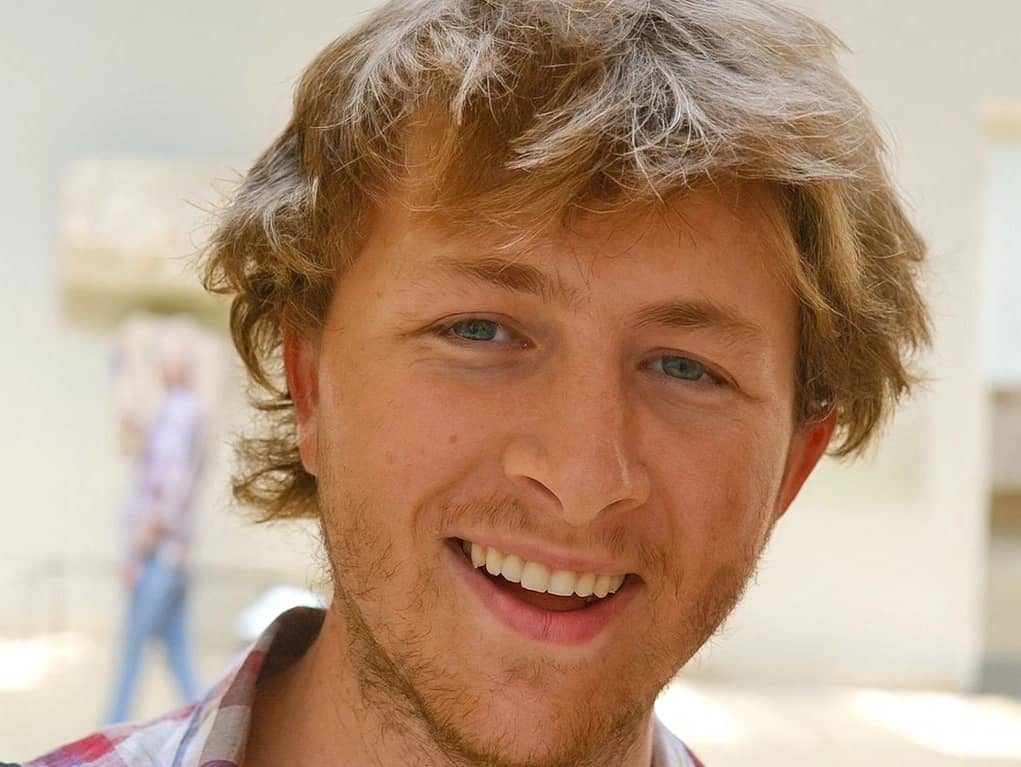Subscribe to wiki
Share wiki
Bookmark
Andrew Tulloch
We've just announced IQ AI.
Andrew Tulloch
Andrew Tulloch is an artificial intelligence and machine learning engineer and researcher, known as a co-founder of the AI startup Thinking Machines Lab. He has held research positions at several prominent technology organizations, including OpenAI and Meta. In October 2025, he rejoined Meta after leaving Thinking Machines Lab. [3] [2]
Education
Andrew Tulloch completed his undergraduate studies at the University of Sydney from 2007 to 2011, where he earned a Bachelor of Science in Advanced Mathematics with a focus on Mathematics and Statistics. He graduated with First Class Honours and was awarded the University Medal, an honor given to the top honours student in the Faculty of Science. Additionally, he received the Science Achievement prize for attaining the highest GPA in the faculty. [6]
Following his undergraduate degree, Tulloch attended the University of Cambridge from 2013 to 2014. There, he obtained a Master of Mathematical Statistics, specializing in Statistics and Machine Learning. He completed Part III of the Mathematical Tripos at Trinity College and graduated with Distinction, the highest possible grade. For his academic performance, he was awarded a prize from Trinity College for achieving the top grade in his examinations. [6]
Career
Goldman Sachs
From November 2010 to February 2012, Tulloch worked as a Strategist at Goldman Sachs in Sydney, Australia. In this role, he developed and structured financial products and derivatives across foreign exchange, commodities, and credit asset classes. He also used statistical and econometric techniques to detect opportunities and develop statistical arbitrage trading strategies across cash equity, equity derivatives, and credit derivatives. [6]
Early Career at Meta and OpenAI
Andrew Tulloch's career has been centered on the development and deployment of large-scale artificial intelligence and machine learning systems. His early work included a role as a researcher at Facebook's AI Research Group, which is now part of Meta. During this time, he was involved in building machine learning systems for the company. He also worked as a researcher at OpenAI, further establishing his expertise in the field. His technical skills include developing training pipelines, inference systems, and applied machine learning, with a focus on moving AI models from research concepts to large-scale production environments. [5] [1] [5]
Thinking Machines Lab
In late 2024, Tulloch co-founded the AI startup Thinking Machines Lab alongside Mira Murati, the former Chief Technology Officer of OpenAI. The company focused on creating a platform for fine-tuning open AI models. Tulloch's tenure at the startup was brief; on October 10, 2025, he announced to his colleagues that he was leaving the company. A spokesperson for Thinking Machines Lab confirmed his departure, stating that Tulloch had "decided to pursue a different path for personal reasons." [6] [5] [1] [4]
Return to Meta
Shortly after his departure from Thinking Machines Lab, it was reported in October 2025 that Tulloch was rejoining Meta. His hiring was part of a broader, aggressive recruitment effort by Meta CEO Mark Zuckerberg to secure leading AI talent. Because Tulloch had previously worked at Meta building machine learning systems, the move was described as a reunion as well as a new start. Reports indicated that Meta had previously attempted to acquire Thinking Machines Lab and, after the attempt failed, approached Tulloch directly for a position. His return to Meta was seen as a significant move, highlighting the value of his experience in deploying research-grade AI at a large scale, which is considered critical for Meta's strategic goals in areas such as recommendation engines and generative AI assistants. [6] [1] [7]
Reported Compensation Package
In August 2025, prior to Tulloch's official move to Meta, The Wall Street Journal reported on Meta's recruitment efforts. The report claimed that as part of the attempt to hire him, Tulloch was offered a compensation package potentially valued at up to $1.5 billion over a minimum of six years. This figure drew significant media attention and highlighted the intense competition for top-tier AI talent in the technology industry. [5]
Following the publication of these details, Meta publicly disputed the reported value of the offer. A spokesperson for the company described the characterization of the compensation package as "inaccurate and ridiculous." Another statement from Meta referred to the reported $1.5 billion figure as simply "ridiculous," indicating a significant disagreement over the actual terms of the compensation agreement. The specific details of Tulloch's final compensation package upon joining Meta were not publicly disclosed. [6] [5]
See something wrong?
